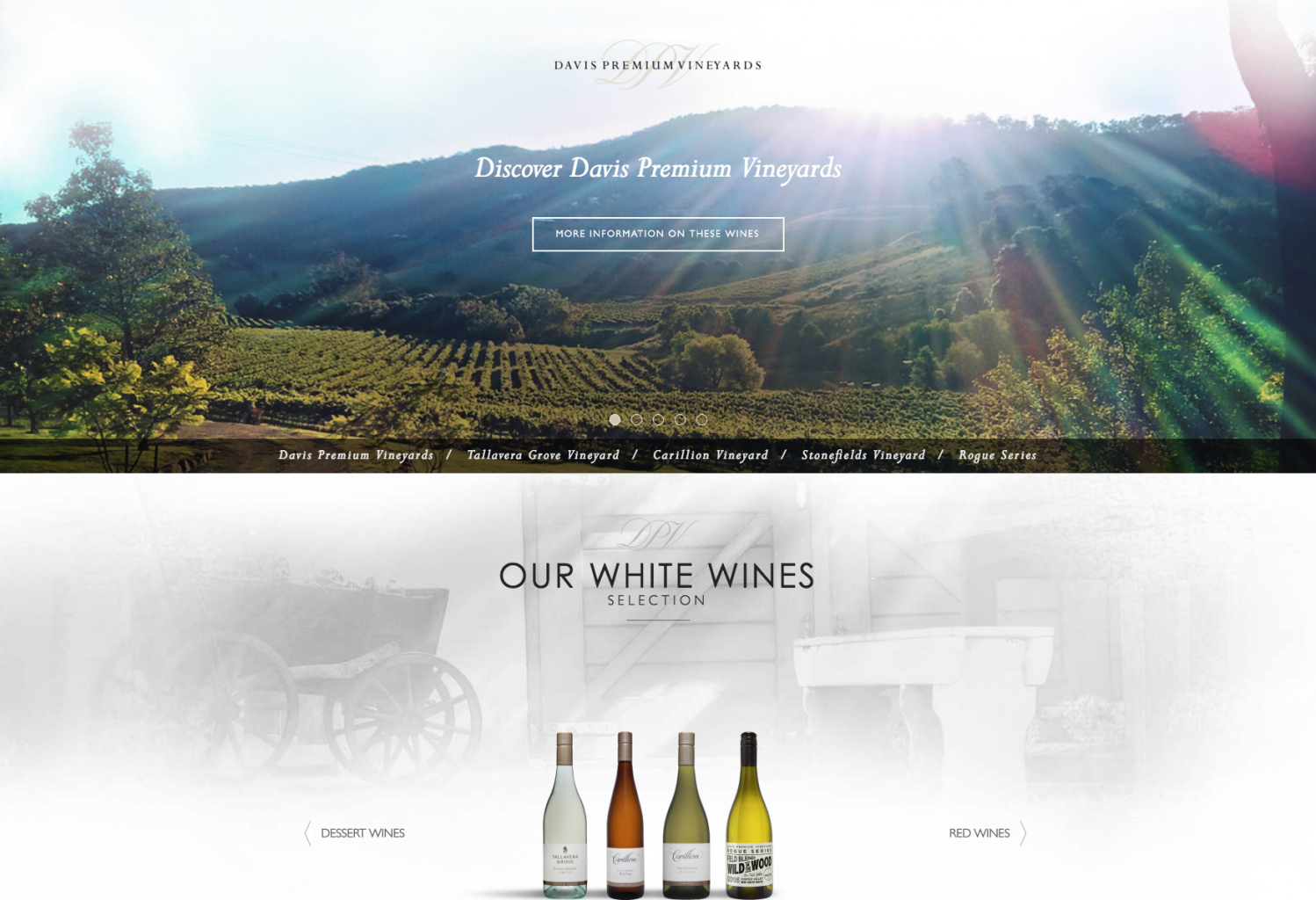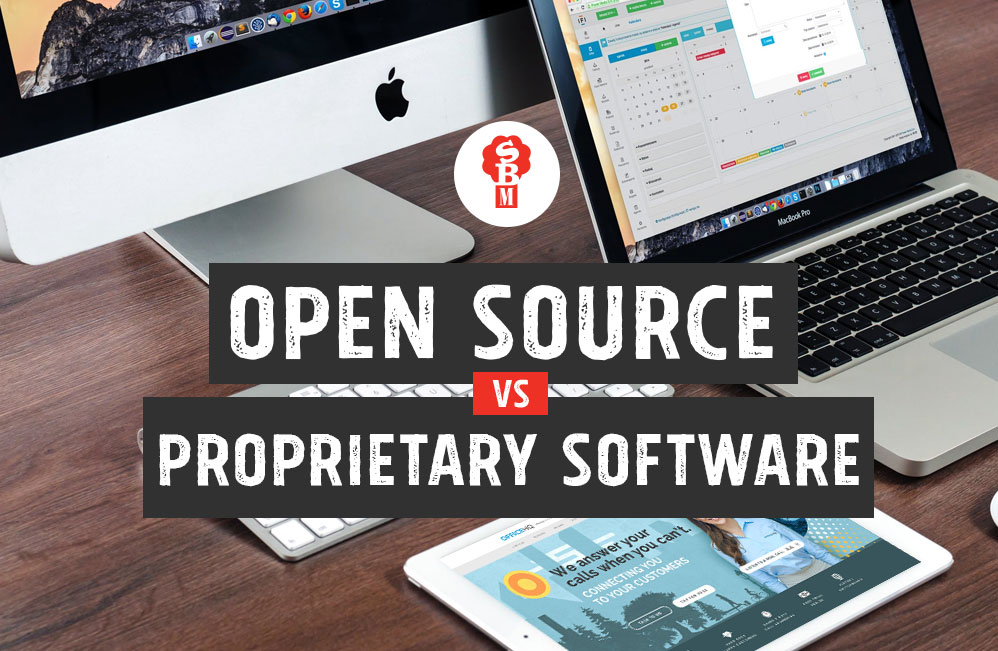Choose the best website software for your business!
Unless you have been living under a rock for the past decade, by now you agree that if you have a business, it needs an online presence. If your reading this article then you already know this and you’re interested in which setup/ start up is best for your business. A worthwhile question we agree, as the right website can do wonders for your brand. The right website is cost effective, professional, easily accessible and globalised.
OPEN SOURCE
As of 2015, Mobile Platforms states that it is an “open source world”, with statistics showing that 78% of companies run on open source software.
What is open source software?
Open source software refers to software whose source code— the medium in which programmers create and modify software — is freely available on the Internet. Open source allows its users the freedom to modify, change and share the source code. Open source software is generally distributed under a licensing term but is usually without fees and modifiable for the user. This allows the user to add capabilities to the software that the original creator did not need to consider.
Advantages of open source:
- Quick and cheap start-up website with an easy to navigate, basic design.
- Good for those who are ready to sit down and manipulate the design of your site starting from their basic template provided.
- Able to build custom functionality into your website.
- Great if your online presence is your business and you will be investing lots of your time improving your website.
- Useful if you are comfortable making choices about technology including add-ons and enhancements and hosting.
- Good to use if you (or your technology partner) have a plan to keep the software updated for bugs, security issues and enhancements.
Disadvantages of open source:
- You get what you pay for. Building a website on an open source solution is not free, but basic template sites are very cheap and can look cheap.
- If you want access to the latest enhancements and softwware upgrades you will typically have to pay your developer to install them.
- While you have access to the source code, the design may not be yours. Template websites in particular have this problem, and you often cannot move the design to another host and definitely not to another platform. You also typically cannot use the design on printed material or elsewhere.
- Moving website to another developer can be difficult due to design ownership, customisations and modules.
- Pick the wrong software and in 2-3 years time you might find the community have moved on and development has stalled.
Example : Tallavera Grove

PROPRIETY SOFTWARE
Propriety Software on the other hand is estimated to have 15.4% of the market, by Spokal. With Squarespace, a propriety software, having 450,000 sites!
Proprietary Software is owned by the individual or company that commissioned or developed it. The source code is kept secret because this is the company’s competitive edge over others in the industry. Proprietary software is usually maintained by the company that created it and they typically require a license fee of some sort, although it is often built into the hosting charges.
Advantages of propriety software:
- Good if online presence is important to your business but not your whole business.
- Focus is on the content rather then the technology.
- Good if you do not require custom development other than a great design.
- Don’t have to deal with updates, bugs and security issues.
- Great if you don’t want to deal with decisions on modules/upgrading the platform.
- Great if you want to just pick a solution and a partner and have it tick away in the background, but also have the technology stay up to date.
Disadvantages of propriety software:
- Companies and software solutions come and go. You must have confidence in the company offering the solution and that they will both be around and able to continually invest in the product.
- You need to ensure you have ownership and access to the content and design should you decide to move on for any reason.
- You may have little option for software enhancements or customisations or they may be very expensive.
- Many of the proprietary platforms have simply not kept up with changes like social networking and Google’s many updates to search algorithms.
Example: Le Plonque

In case you got lost in all those details, from our experience, generally speaking people start with a Proprietary CMS and then move into an Open Source Platform. We develop primarily in WordPress so that there are no ongoing fees and at the end of the day the IP within your site is yours.
If your still a unsure whats best for your business, just ask us!
Contact us today at info@spicybroccoli.com
Speak soon,
The Broccoli Army

